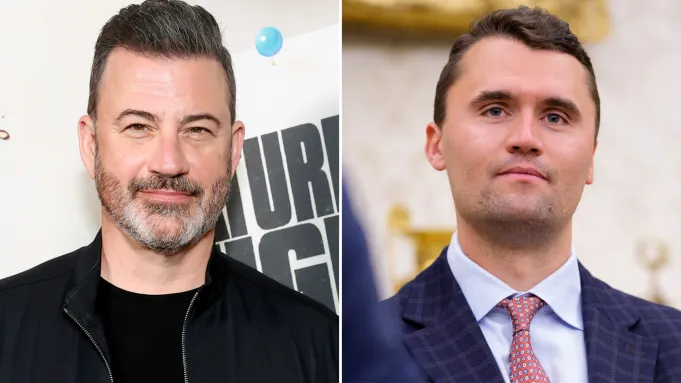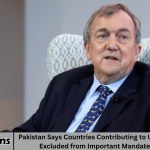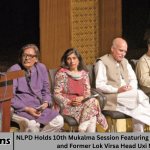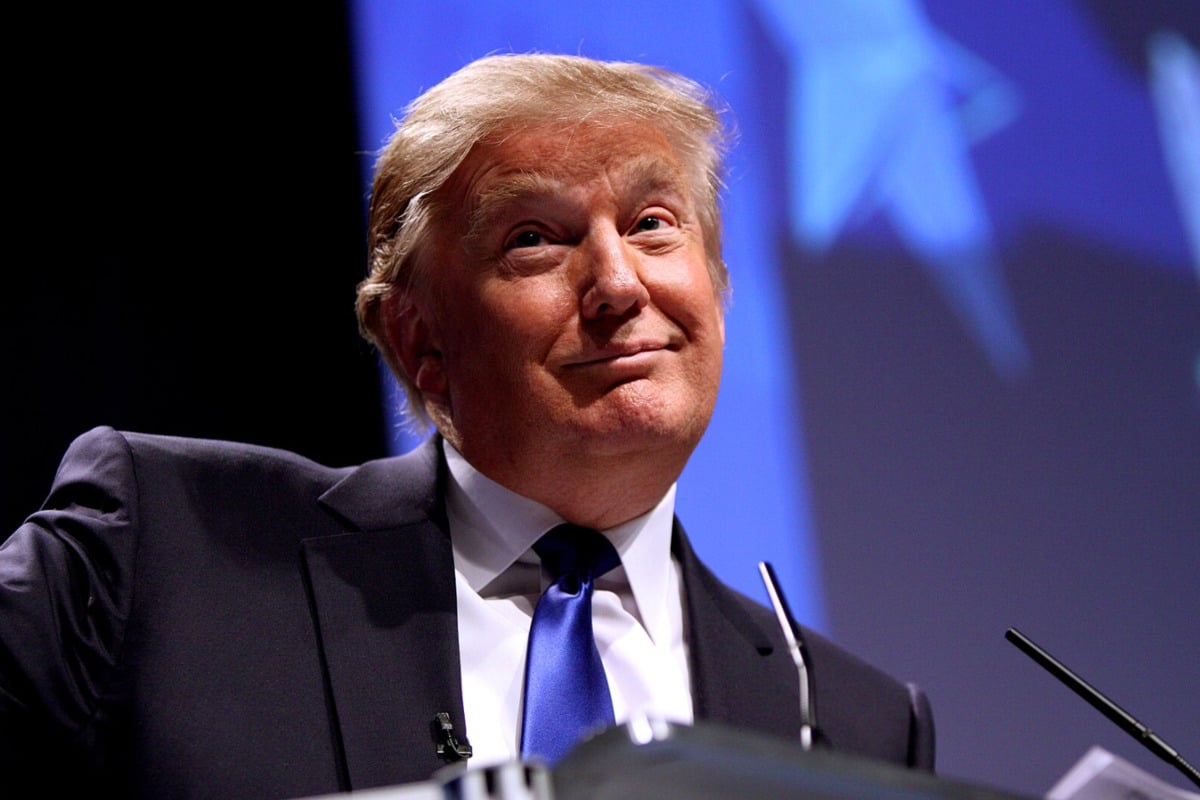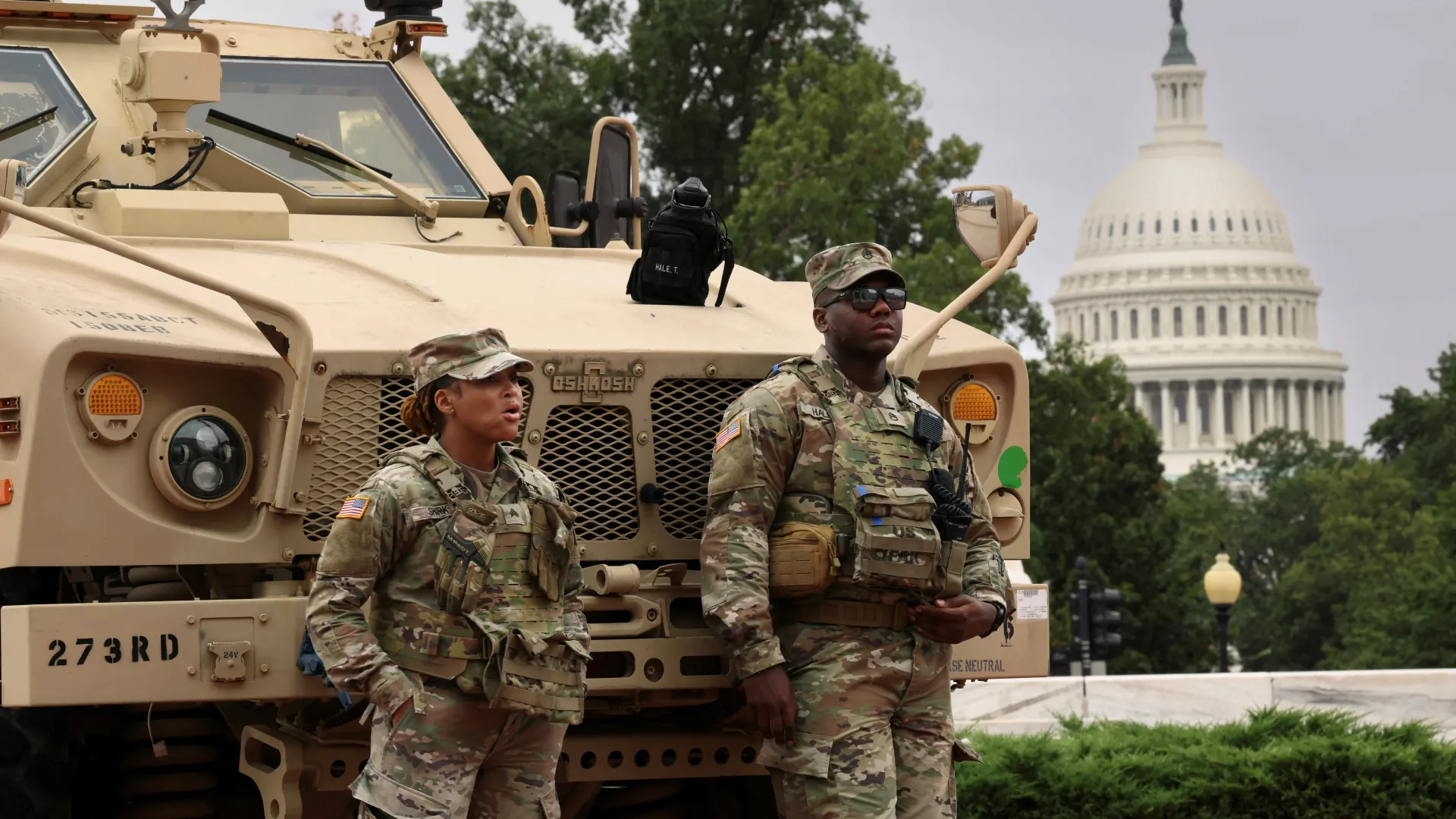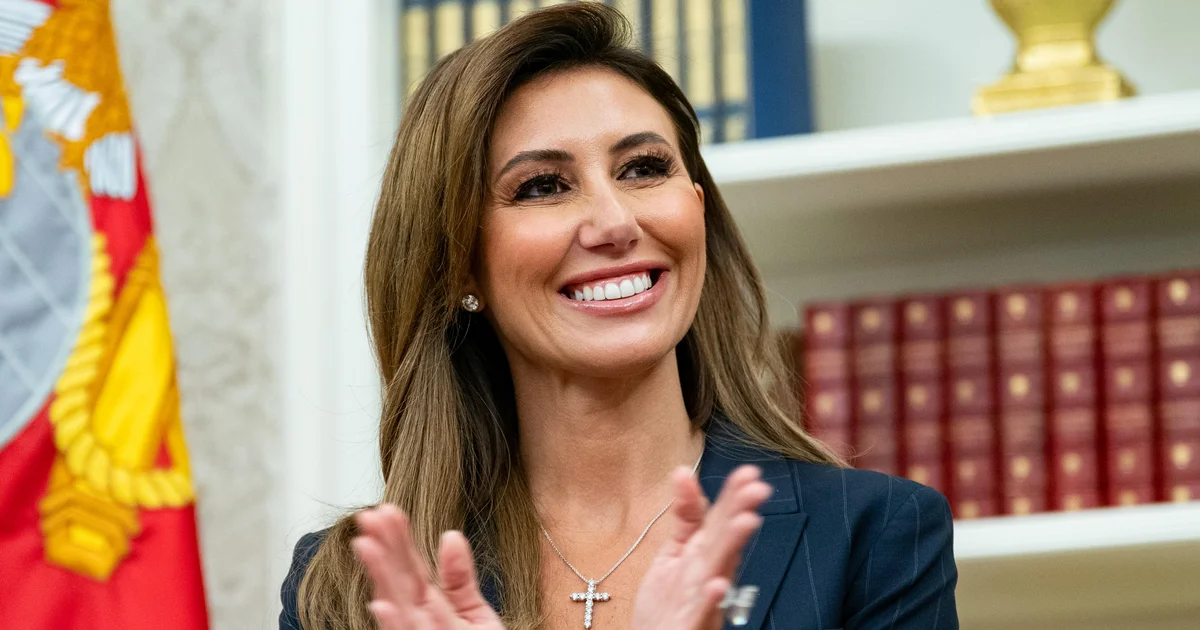During his Monday night monologue, Jimmy Kimmel addressed the controversy, saying the “MAGA crowd is working overtime to portray the young man who killed Charlie Kirk as anything other than one of their own, all while trying to squeeze political advantage out of the tragedy.”
- The Rise of Jimmy Kimmel as a Voice in Late-Night
- What Sparked the Charlie Kirk Controversy
- The Debate Over Free Speech and Comedy
- The Role of Networks and Corporate Pressure
- Charlie Kirk’s Influence in Conservative Politics
- The Broader Climate of Political Humor
- Public Reactions and Divided Opinions
- Expert Insights on the Controversy
- What Comes Next for Jimmy Kimmel
- Implications for Late-Night Television
- FAQs
- Conclusion
“MAGA” is shorthand for former President Donald Trump’s campaign slogan Make America Great Again, a phrase widely embraced by his supporters, many of whom often wear red caps and apparel featuring the slogan.
Kimmel also pointed to flags being lowered to half-staff in Kirk’s honor—a move that had already sparked criticism—and went on to ridicule Trump’s public response to the killing.
“This isn’t how a grown adult mourns the death of someone he claims was a friend,” Kimmel said. “This is how a child reacts when a goldfish dies.” The late-night comedian has long made Trump a regular target of his jokes and satire.
Kimmel had also reacted on the day of the shooting, posting on Instagram to denounce the attack and extend his sympathies to Kirk’s family, writing that he was sending them “love” during the difficult time.
Late-night television has always been a battleground of satire, humor, and political commentary. Over the decades, comedians have held a mirror to society, exposing hypocrisy, mocking politicians, and pushing boundaries on what can be said on television. But rarely does a late-night host find himself at the center of a media storm that results in suspension. That is exactly what happened when Jimmy Kimmel was taken off the air following remarks about conservative activist Charlie Kirk. The controversy has sparked fierce debates about freedom of speech, the responsibilities of entertainers, and the power of political polarization in shaping media narratives.
The focus keyword “Jimmy Kimmel Taken Off the Air Following Charlie Kirk Controversy” reflects more than just a headline—it embodies a collision between pop culture and politics, and the growing pressure networks face when comedy crosses into contentious territory.
The Rise of Jimmy Kimmel as a Voice in Late-Night
Jimmy Kimmel’s career in late-night television has spanned over two decades, with Jimmy Kimmel Live! establishing itself as one of the most watched and influential talk shows in the United States. Unlike earlier eras of late-night dominated by apolitical humor, Kimmel leaned into social commentary. He mixed comedy with sharp critiques of American politics, addressing issues ranging from gun control to healthcare. His monologues became viral staples, shared across social media, often sparking as much debate as laughter.
As a host, Kimmel has positioned himself not just as a comedian but also as a cultural commentator. Audiences began to expect his take on the political landscape, particularly during the Trump presidency. His brand of humor—sarcastic, biting, and unapologetically partisan—won him praise from liberals but drew fire from conservatives. This background helps explain why his comments about Charlie Kirk exploded into such a controversy.
What Sparked the Charlie Kirk Controversy
The situation unfolded after Kimmel addressed the tragic shooting of Charlie Kirk, a conservative activist and prominent media personality. In his Monday night monologue, Kimmel criticized how right-wing groups reacted to the shooter’s political leanings. He suggested that many in the MAGA movement were working hard to distance themselves from the suspect, framing the tragedy for political advantage rather than acknowledging uncomfortable truths.
Kimmel went further, mocking the decision to fly flags at half-staff in Kirk’s honor and ridiculing former President Donald Trump’s public reaction. He remarked, “This is not how an adult grieves the murder of someone he calls a friend. This is how a four-year-old mourns a goldfish.” For supporters of Trump and Kirk, the comment crossed a line. For others, it was classic Kimmel—dark humor designed to expose hypocrisy.
Almost immediately, conservative commentators and politicians demanded action. Hashtags calling for Kimmel’s removal trended online, while networks faced pressure from sponsors and advocacy groups. Within days, ABC announced that Jimmy Kimmel would be taken off the air temporarily, citing the “need to review recent content in light of public concerns.”
The Debate Over Free Speech and Comedy
The removal of Jimmy Kimmel reignited a long-running debate in American society: how far should comedians go in the pursuit of satire, and when does humor become unacceptable?
Comedy has historically thrived on pushing boundaries. From George Carlin’s famous “Seven Dirty Words” routine to Jon Stewart’s political takedowns, humor has been a vehicle for social critique. But in today’s polarized media environment, the stakes are higher. Every joke is amplified across social media, dissected by pundits, and framed as either courageous truth-telling or offensive overreach.
Supporters of Kimmel argue that satire is meant to be provocative. They contend that removing him from the air sets a dangerous precedent, chilling free expression. As one media professor explained, “Comedy without controversy is just entertainment. The role of late-night hosts has always been to challenge power. Silencing them is not protecting viewers—it’s limiting discourse.”
On the other hand, critics argue that mocking the death of a public figure is not satire but cruelty. They say Kimmel’s remarks dehumanized the grieving process and showed insensitivity to Kirk’s family and supporters. For them, the issue is not free speech but basic decency.
The Role of Networks and Corporate Pressure
While the controversy centered on Kimmel, the decision to suspend him ultimately came from ABC and its parent company, Disney. Networks face a delicate balancing act in today’s media climate. On one side, they want to preserve the creative freedom that fuels their programming. On the other, they are beholden to advertisers, shareholders, and public image.
According to industry insiders, the backlash from sponsors was significant. Several companies reportedly expressed discomfort with being associated with the controversy. Advertisers are highly sensitive to public opinion, especially in a social media-driven age where boycotts can trend within hours. Networks often act swiftly to contain reputational damage, even if it means temporarily sidelining star talent.
This dynamic raises larger questions about the role of corporate influence in shaping what audiences see. If sponsors dictate acceptable speech, does this undermine the independence of media and comedy? Or is it simply the reality of a business model that depends on public goodwill?
Charlie Kirk’s Influence in Conservative Politics
To understand why Kimmel’s remarks carried such weight, it is important to grasp Charlie Kirk’s prominence within the conservative movement. As the founder of Turning Point USA, Kirk has been a vocal advocate for right-wing causes, focusing heavily on youth outreach. His ability to mobilize young conservatives, particularly on college campuses, has made him a rising star within the Republican Party.
Kirk has built a powerful media presence, with millions of followers across platforms and a steady stream of appearances on conservative news outlets. For his supporters, he represents the future of the movement. For critics, he embodies the radicalization of young conservative politics.
Given his stature, the shooting that claimed his life—and the reactions to it—were bound to ignite political and cultural battles. Kimmel’s decision to weigh in ensured that late-night comedy became part of that fight.
The Broader Climate of Political Humor
Kimmel’s suspension is not an isolated incident but part of a broader pattern of clashes between political humor and public outrage. Comedians such as Bill Maher, Trevor Noah, and Stephen Colbert have all faced criticism for controversial remarks. Even decades ago, figures like Lenny Bruce and Richard Pryor pushed the boundaries of acceptable speech, often facing censorship or legal trouble.
What has changed is the speed and scale of backlash. In the digital era, outrage spreads instantly. Clips of Kimmel’s monologue were shared millions of times, with critics framing them as disrespectful and fans defending them as satire. In this environment, networks must respond quickly, often prioritizing damage control over artistic freedom.
Public Reactions and Divided Opinions
The response to Kimmel’s suspension has been sharply divided along political lines. Progressive commentators accused ABC of caving to conservative outrage and argued that satire should never be punished. Some suggested that removing Kimmel only validated the narrative that powerful right-wing voices can silence critics.
Conservative voices, however, saw the suspension as overdue accountability. They argued that liberal comedians have long been given free rein to insult conservatives without consequences. To them, this was a rare instance of fairness in an industry they view as biased.
Polls reflect the divide. A recent survey found that 58% of Democrats opposed Kimmel’s suspension, while 67% of Republicans supported it. Independents were split, with many expressing frustration that entertainment has become so deeply politicized.
Expert Insights on the Controversy
Media analysts warn that cases like this reveal deeper tensions in American society. Professor Laura Mitchell, a media ethics scholar, explained, “This is not just about Jimmy Kimmel or Charlie Kirk. It’s about the role of humor in public life, the limits of speech, and the increasing polarization that turns every incident into a political battleground.”
Meanwhile, comedy writers argue that satire must remain fearless. “If comedians are punished for crossing invisible lines, we’ll lose the edge that makes late-night worth watching,” said one writer who has worked for several major shows. “Viewers may not always like the jokes, but comedy has to push buttons.”
What Comes Next for Jimmy Kimmel
Kimmel’s future remains uncertain. ABC has not clarified whether his suspension will be permanent or temporary. Historically, networks have reinstated stars after public controversies once the outrage dies down, especially if ratings are strong. Kimmel’s loyal fanbase and longstanding role as a cultural fixture make his return likely.
However, the incident could reshape his approach. Some expect Kimmel to double down, using his eventual return as a platform to address the controversy head-on. Others believe he may soften his tone to avoid further clashes with the network and advertisers. Either way, the suspension will leave a lasting mark on his career and the future of late-night comedy.
Implications for Late-Night Television
The Kimmel controversy is also a turning point for late-night television as a whole. With audiences increasingly polarized, networks must decide whether to embrace political comedy or retreat to safer ground. Some shows may lean into edgier content, seeing controversy as a path to relevance. Others may prioritize lighter fare, fearing advertiser backlash.
The fate of Kimmel could serve as a test case. If he returns stronger than ever, it may embolden other hosts to keep pushing boundaries. If his career stalls, it could signal a chilling effect that reshapes the genre.
FAQs
Why was Jimmy Kimmel taken off the air?
Jimmy Kimmel was taken off the air following backlash over comments he made about Charlie Kirk during his monologue. His remarks, which mocked the conservative activist and criticized former President Donald Trump’s reaction, were seen by some as insensitive and inappropriate. The controversy led ABC to suspend him temporarily.
What did Jimmy Kimmel say about Charlie Kirk?
In his monologue, Kimmel suggested that MAGA supporters were trying to spin the narrative around the shooter who killed Kirk. He also mocked the decision to lower flags in Kirk’s honor and ridiculed Trump’s public grieving, saying it resembled how a child reacts to losing a goldfish.
Is Jimmy Kimmel coming back to late-night television?
As of now, ABC has not confirmed whether Kimmel’s suspension is temporary or permanent. Industry experts believe he is likely to return, given his popularity and longstanding presence in late-night television.
How have people reacted to the controversy?
Reactions have been sharply divided. Many liberals and progressives defended Kimmel, arguing that satire must be free to push boundaries. Conservatives, however, applauded his suspension, seeing it as overdue accountability for what they viewed as cruel remarks.
What does this mean for the future of late-night comedy?
The controversy highlights the risks comedians face in today’s polarized climate. Networks must navigate pressure from sponsors, public opinion, and political groups. The outcome of Kimmel’s situation could influence how far future hosts are willing to go with political humor.
Conclusion
The case of Jimmy Kimmel taken off the air following Charlie Kirk controversy reveals the fragile balance between free expression, corporate responsibility, and political pressure. What began as a late-night joke has become a cultural flashpoint, illustrating the deep divisions shaping American media. Whether seen as satire gone too far or as a necessary critique of power, Kimmel’s remarks underscore the role of comedy in testing societal boundaries. His suspension may be temporary, but the questions it raises about speech, humor, and accountability will resonate long after the spotlight shifts. Late-night television may never be the same, and the debate over how far comedians can go will remain at the heart of American culture.

